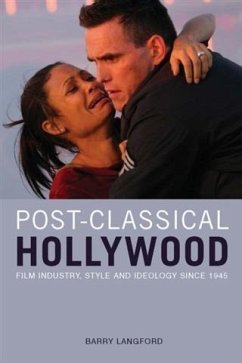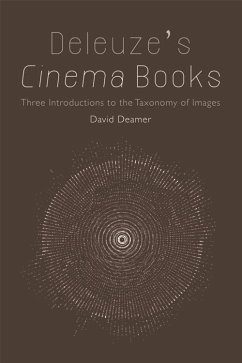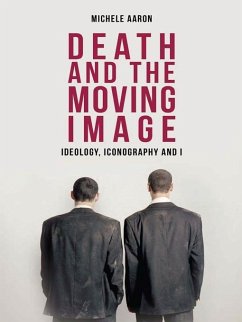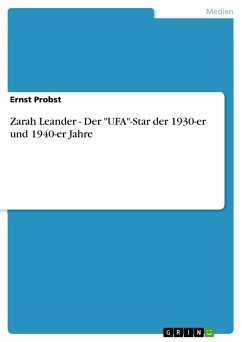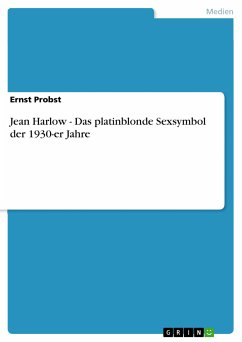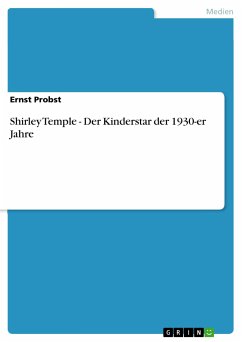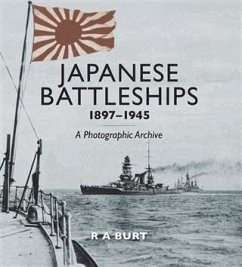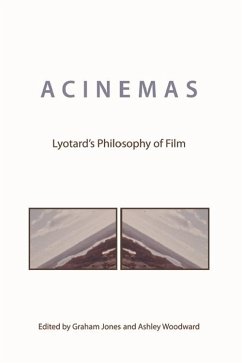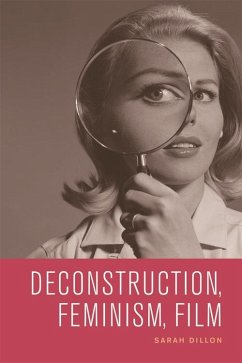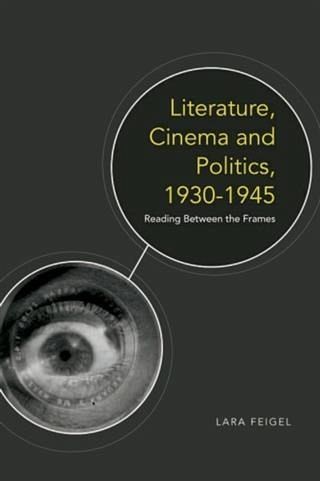
Literature, Cinema and Politics 1930-1945 (eBook, PDF)
Reading Between the Frames
Versandkostenfrei!
Sofort per Download lieferbar
0,00 €
inkl. MwSt.
Weitere Ausgaben:

PAYBACK Punkte
0 °P sammeln!
This book tells the story of a generation of writers who were passionately engaged with politics and with cinema, exploring the rise and fall of a distinct tradition of cinematic literature. Dismayed by the rise of fascism in Europe and by the widening gulf separating the classes at home, these writers turned to cinema as a popular and hard-hitting art form. Lara Feigel crosses boundaries between high modernism and social realism and between 'high' and 'popular' culture, bringing together Virginia Woolf with W.H. Auden, Elizabeth Bowen with John Sommerfield, Sergei Eisenstein with Gracie Field...
This book tells the story of a generation of writers who were passionately engaged with politics and with cinema, exploring the rise and fall of a distinct tradition of cinematic literature. Dismayed by the rise of fascism in Europe and by the widening gulf separating the classes at home, these writers turned to cinema as a popular and hard-hitting art form. Lara Feigel crosses boundaries between high modernism and social realism and between 'high' and 'popular' culture, bringing together Virginia Woolf with W.H. Auden, Elizabeth Bowen with John Sommerfield, Sergei Eisenstein with Gracie Fields. The book ends in the Second World War, an era when the bombs and searchlights rendered everyday life cinematic.Feigel interrogates the genres she maps, drawing on cultural theories from the 1920s onwards to investigate the nature of the cinematic and the literary. While it was not possible directly to transfer the techniques of the screen to the page any more than it was possible to 'go over' to the working classes, the attempts nonetheless reveal a fascinating intersection of the visual and the verbal, the political and the aesthetic. In reading between the frames of an unexplored literary tradition, this book redefines 1930s and wartime literature and politics. Key Features* Offers new interpretations of well-known texts and writers such as W.H. Auden, Elizabeth Bowen, Christopher Isherwood, Louis MacNeice, George Orwell and Virginia Woolf* Offers substantial readings of less well-known writers including working-class writers John Sommerfield and James Barke* Offers a new perspective on Spanish Civil War and Second World War writing
Dieser Download kann aus rechtlichen Gründen nur mit Rechnungsadresse in A, B, BG, CY, CZ, D, DK, EW, E, FIN, F, GR, HR, H, IRL, I, LT, L, LR, M, NL, PL, P, R, S, SLO, SK ausgeliefert werden.




